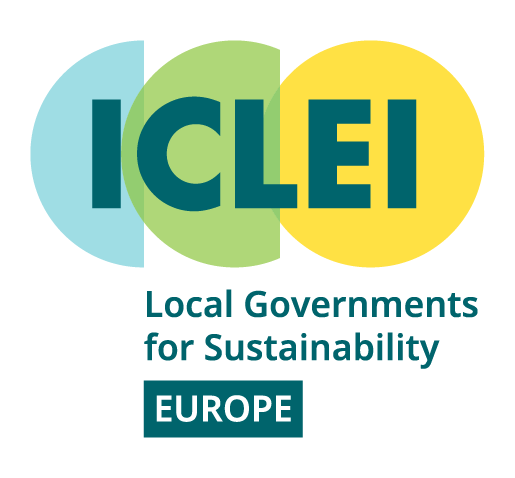Citizen’s participation
Citizens’ participation may prove useful for gaining community acceptance of wind energy initiatives.
Taking into consideration the community’s perspective within the project is a means for addressing possible concerns about negative impacts of wind energy (e.g. noise, visual impact, landscape intrusion, etc.). At the same time, according to the WinWind project findings, the inclusion and active participation of citizens reduces the risk of legal disputes, which often slow down the construction phase, causing cost increase and lowering efficiency.
Citizens’ participation can have different levels of engagement, from information, to consultation, and deliberation, and can be institutionally recognised and regulated, or voluntarily organised and managed by the citizens themselves.
Active citizens’ participation can be also considered as a process of knowledge building, which is to benefit all parties, citizens, developers and local communities.
Find out more
The WinWind project identified key policy recommendations to improve wind energy social acceptance through citizen’ active participation. Here below further readings:
On key concepts of citizen participation and policy recommendations
Screening of technical and non-technical regulations, guidelines and recommendations pages 30-36
On formal and informal participation
Synthesis & comparative analysis of best practice case studies for promoting the social acceptance of wind energy pages 58-59, 64-65
















